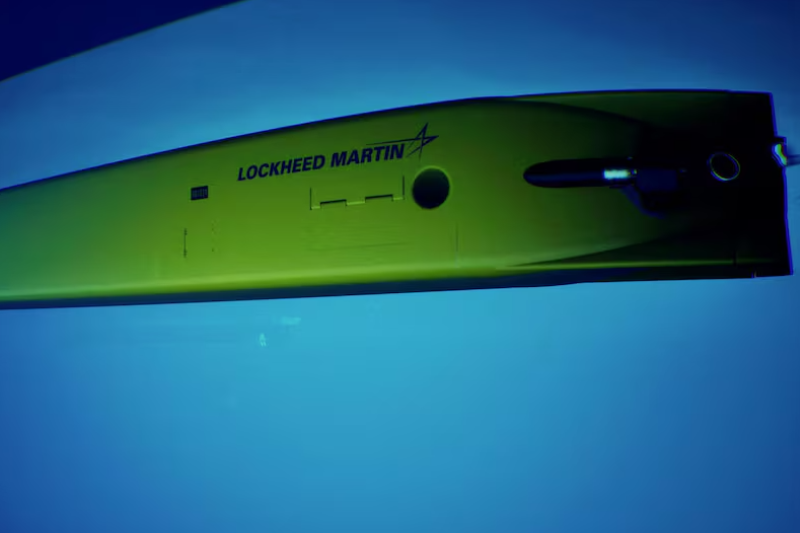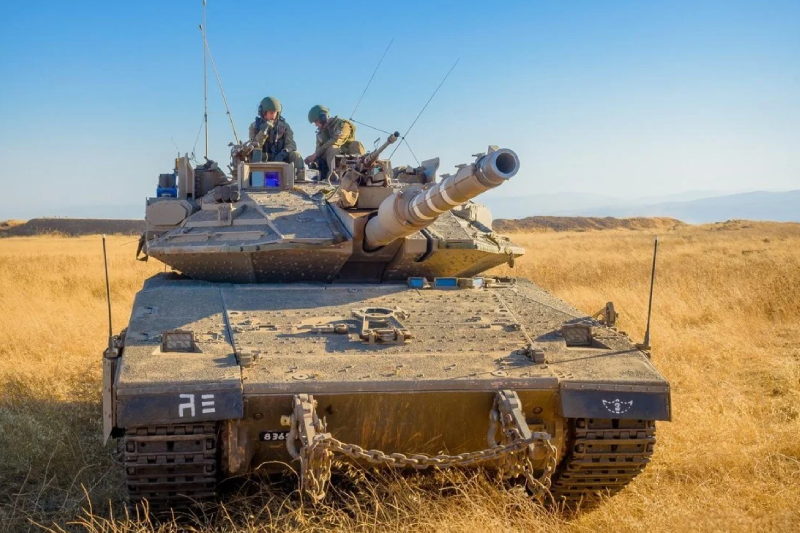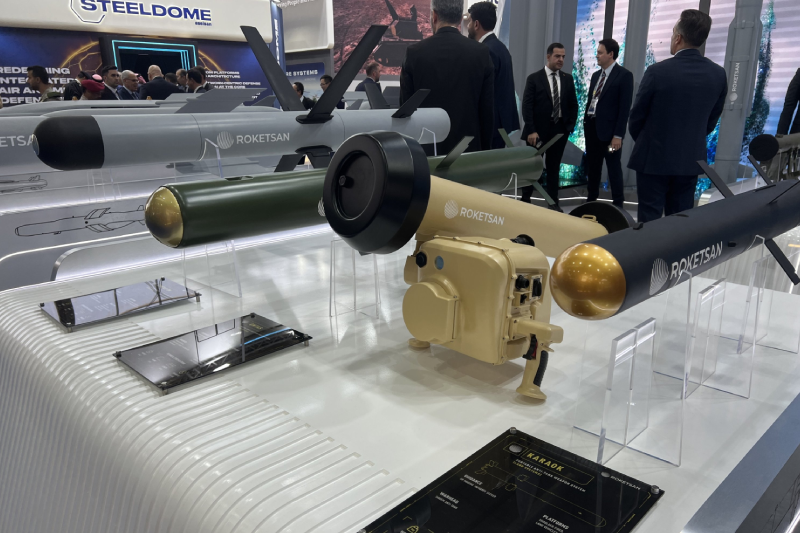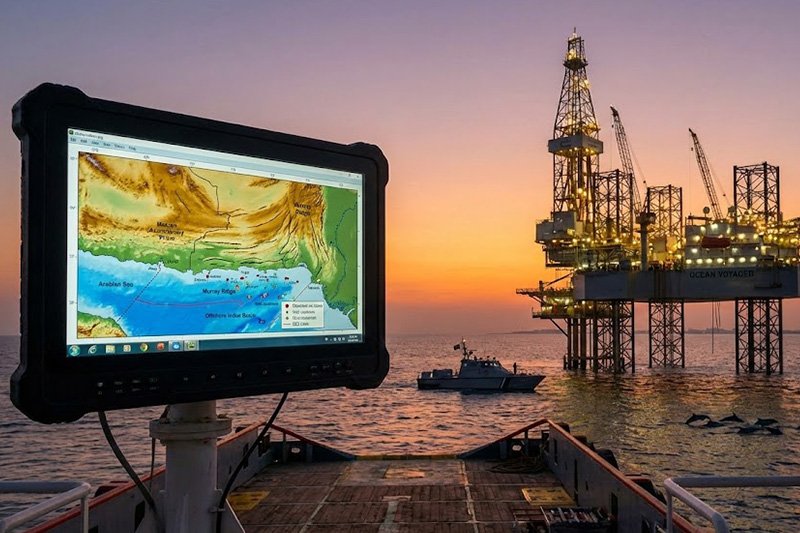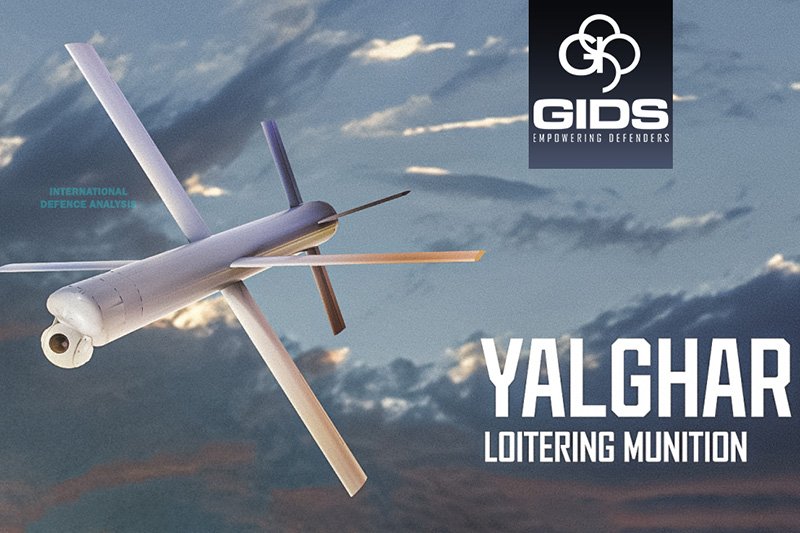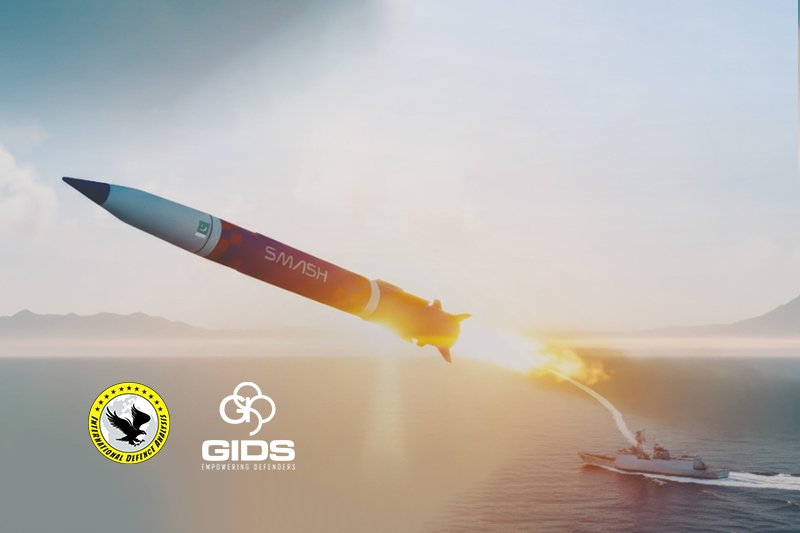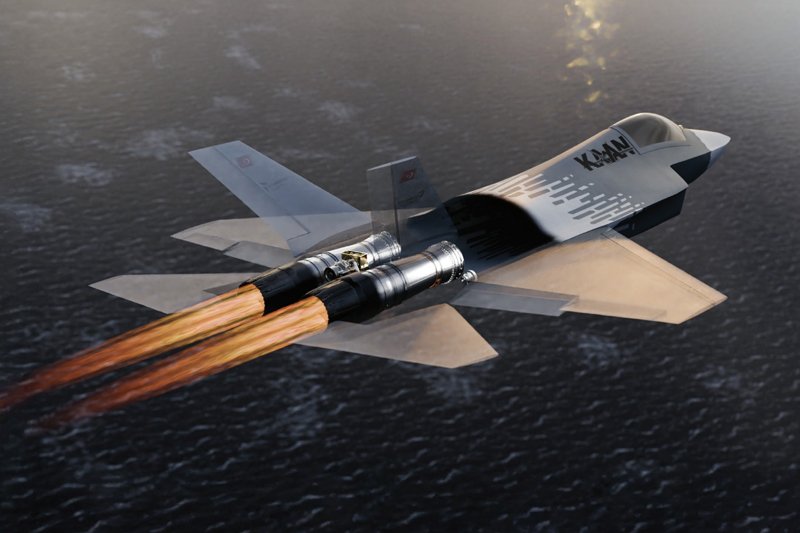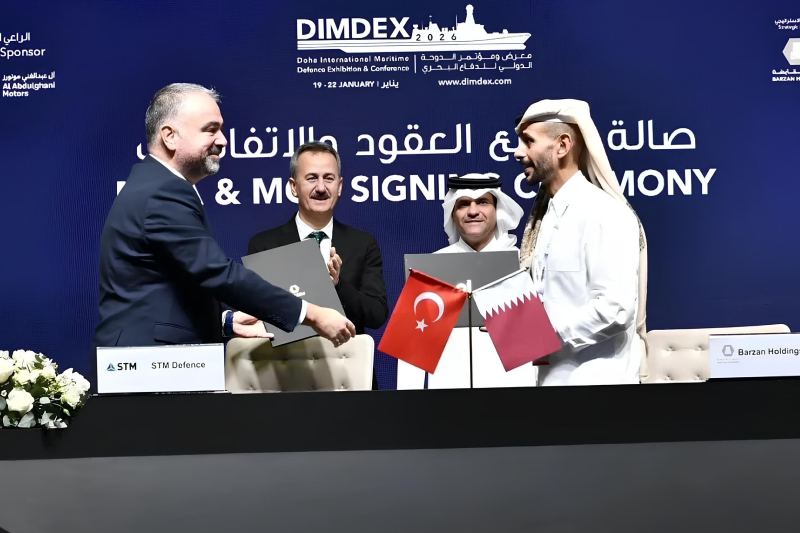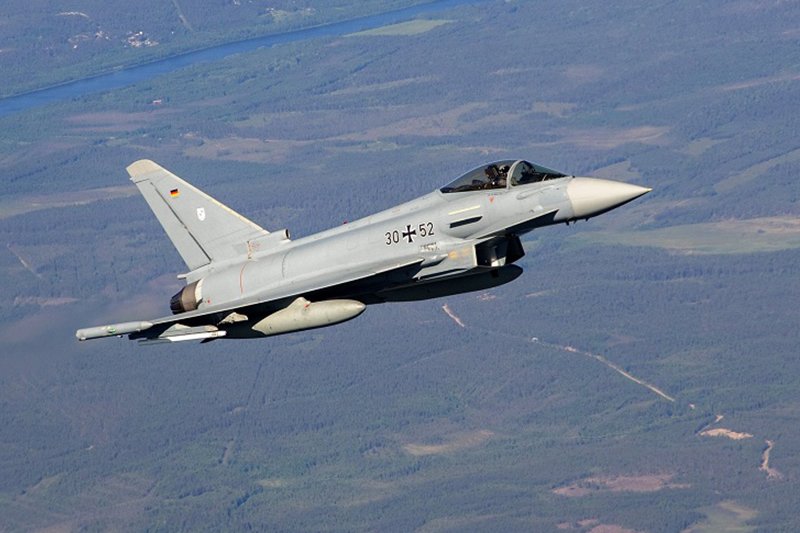Germany Blocks Eurofighter Jets Sale to Türkiye
Germany’s outgoing coalition government has reportedly vetoed the sale of Eurofighter Typhoon jets to Türkiye, citing concerns over recent political developments in the country. This decision creates another hurdle in Ankara’s ongoing efforts to modernize its air force amid complex regional security challenges.
Decision Linked to Political Concerns
According to German financial daily Handelsblatt, which first reported the veto last week, Chancellor Olaf Scholz’s caretaker government made the decision based on concerns regarding Türkiye’s commitment to “democratic norms.” The report cited several sources familiar with confidential internal government deliberations.
The timing of the decision appears connected to recent events in Turkish politics, particularly the arrest of Istanbul Mayor Ekrem İmamoğlu on corruption charges. İmamoğlu, a prominent figure in the main opposition Republican People’s Party (CHP), was arrested shortly after his party declared him as its presidential candidate, despite presidential elections not being officially scheduled until 2028. The Turkish government has firmly rejected allegations that the arrest was politically motivated, emphasizing the independence of the judiciary.
Multinational Approval Required
The Eurofighter Typhoon is manufactured by a consortium representing four European nations: Germany, Britain, Italy, and Spain. The aircraft is produced through a collaboration between defense giants Airbus, BAE Systems, and Leonardo. This multinational structure requires unanimous consent from all four partner countries for any export sales to proceed.
While Türkiye has been expressing interest in acquiring the advanced fighter jets, Germany’s objection creates a significant obstacle to finalizing any deal. Despite the multilateral framework, Ankara has been conducting negotiations primarily with the United Kingdom, which formally submitted an offer for the jets to Turkish authorities in March 2025.
Contradicting Earlier Signals
The reported veto marks a significant reversal from earlier positive signals given by Scholz regarding defense exports to Türkiye. During a visit to Istanbul in October 2024, the German Chancellor had justified arms exports to Türkiye based on its NATO membership, stating: “Türkiye is a member of NATO, and that is why we repeatedly make decisions that lead to concrete deliveries.”
This latest development also comes amid what had been growing defense exports from Germany to Türkiye, following a period of reduced cooperation after the failed coup attempt in Türkiye in 2016.
UK Reportedly Offers Reassurance
A report by Turkish daily Milliyet indicated on Monday that British officials have reportedly reassured Ankara that this veto decision was politically motivated by Germany’s outgoing coalition government trying to appeal to domestic voters. According to the report, London has suggested it will “solve the issue” once Germany’s new government takes office.
Turkish officials have not yet issued any public comment on these recent reports about the Eurofighter deal.
Political Transition in Germany
The timing of this decision coincides with a period of political transition in Germany. The incoming German government, which again involves Scholz’s Social Democratic Party (SPD) along with the Christian Democrats (CDU/CSU), finalized a coalition deal earlier this month. Friedrich Merz is expected to be voted in as the new chancellor in early May, potentially bringing a different approach to defense export policies.
Also read this: Türkiye Bayraktar TB2 Achieves Spin Recovery Milestone
Türkiye’s Defense Procurement Strategy
Türkiye had announced in late 2023 its interest in acquiring up to 40 Eurofighter jets. This interest came after a prolonged process regarding its request to purchase F-16 warplanes from the United States, highlighting Ankara’s multi-directional approach to defense procurement.
Despite boasting NATO’s second-largest army, Türkiye has frequently faced arms embargoes from Western allies over various political and regional disputes. These challenges have pushed the country to significantly expand its domestic defense industry capabilities over the past decade. Today, Türkiye produces a wide range of military hardware domestically, including unmanned aerial vehicles, missiles, and naval vessels, as part of its strategy to reduce foreign dependence in critical defense technologies.
As the situation develops, the future of the Eurofighter deal will likely depend on the policies adopted by Germany’s incoming government and whether a compromise can be reached that addresses both Berlin’s concerns and Ankara’s air force modernization requirements.
Keep connected with us at Facebook, Twitter, YouTube, Instagram & TikTok for latest defense happening around the globe.
Discover more from International Defence Analysis
Subscribe to get the latest posts sent to your email.



